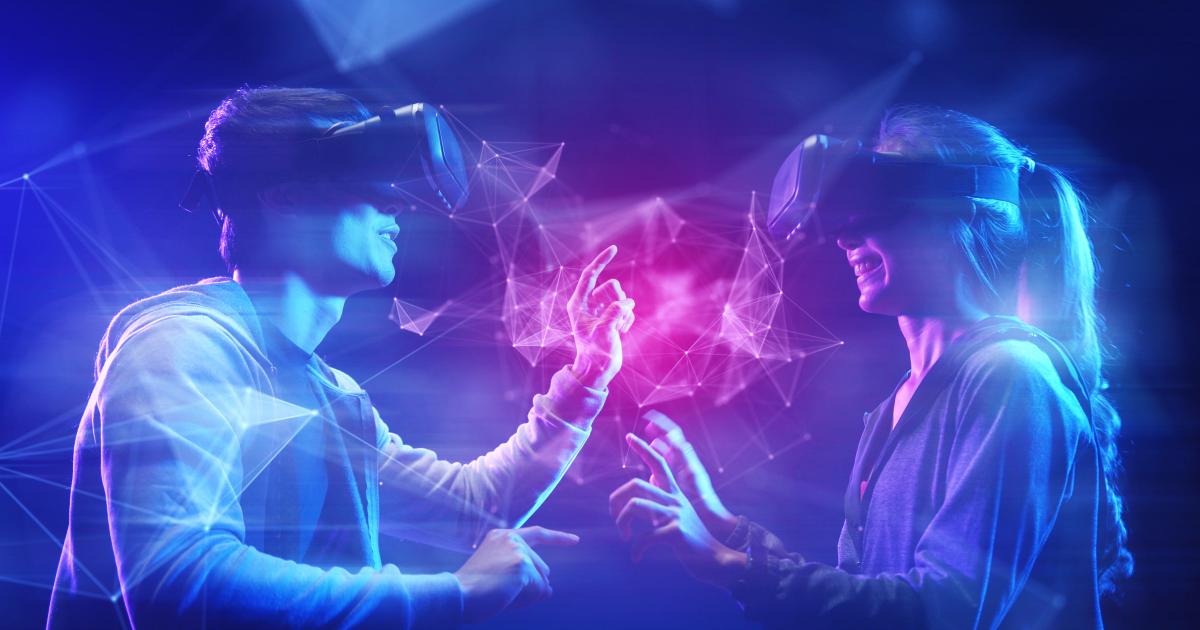

The University of Sao Paulo has signed an agreement with Radio Caca (RACA), to operate different virtual lands within the United States of Mars (USM) metaverse and promote various researchers inside it.
RACA is a decentralized autonomous organization, that has partnered with top global universities to build a metaverse for students to study and play.
According to information shared by USP, its team will research applications and technical, economic, and legal aspects of the metaverse.
USP professor Marcos A. Simplicio Jr. said USP has received an NFT through the partnership.
The token refers to rare earth in the USM metaverse, being built by USP in partnership with other universities around the world.
USM Metaverse is a broad platform on which universities and content creators can build diverse Web 3.0 applications in an immersive digital environment.
USP to have its own virtual lands
USP will have its own virtual lands, within which it will be able to build different spaces for interaction with and between students, professors, researchers, and visitors in a virtual, augmented, or mixed reality environment, making it the first university in Latin America to have a partnership with Radio Caca to support the construction of its Metaverse.
Jeff Watney, CEO of Radio Caca, said, “It is a great honor for us at RACA to have USP, the largest public university in Latin America, within the USM Metaverse. Together we will build new experiences that can unlock the full potential of Web3 for people. That’s our goal, to build an open metaverse focused on user freedom.”
Research in the metaverse
The metaverse will be useful for researchers in different areas like research groups interested in 3D modeling, virtual and augmented reality and in an immersive environment can model the real space of the university within the virtual platform.
Also, researchers in the fields of education and psychology can assess learning and behavior in classes and interactions carried out and technology researchers can evaluate the effectiveness of different virtual/augmented reality devices for accessing the metaverse.
The internal mechanisms of the metaverse can also be studied by researchers in the fields of engineering, economics, law and communications, and the arts, seeking to improve the platform as a whole.
“It is a very interesting opportunity for any USP researcher interested in the metaverse theme to carry out their research using such a platform”, Simplicio said.
This article was submitted by an external contributor and may not represent the views and opinions of Benzinga.